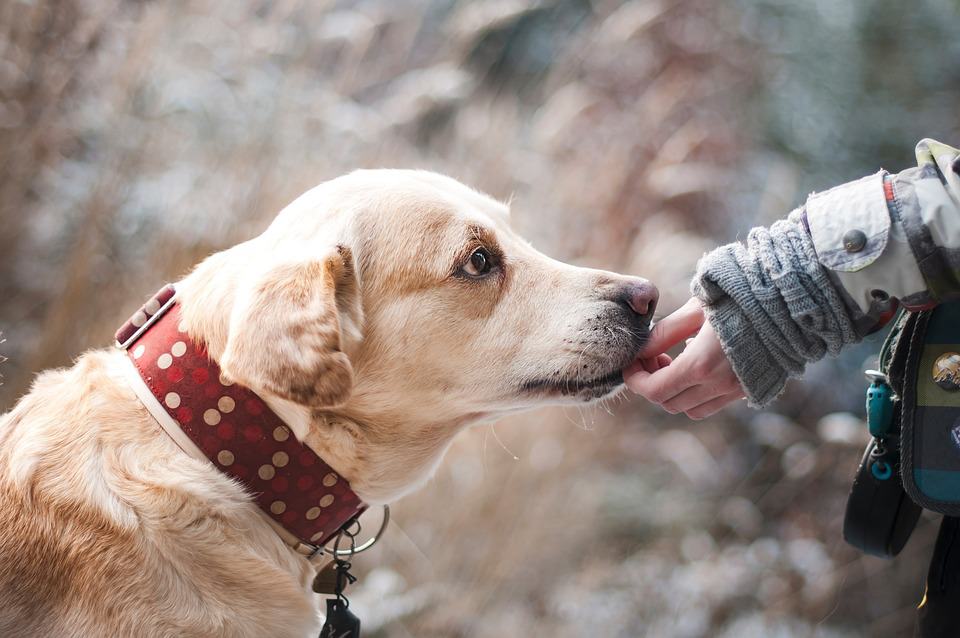In this article, we will discuss whether or not dogs can eat grapes. Many dog owners are unaware of the potential dangers of feeding grapes to their pets, and it’s important to understand the risks involved. We will explore the potential health risks, symptoms of grape toxicity in dogs, and provide recommendations for keeping your pet safe.
Can dogs eat grapes?
What are the potential health risks of feeding grapes to dogs?
As previously mentioned, grapes and raisins can lead to kidney failure in dogs. The symptoms of grape toxicity can include vomiting, diarrhea, lethargy, and decreased urination. In severe cases, dogs may experience abdominal pain, dehydration, and ultimately, kidney failure. If you suspect that your dog has ingested grapes or raisins, it is crucial to seek veterinary attention immediately. Early intervention can significantly improve the chances of recovery and reduce the risk of long-term kidney damage.
What should I do if my dog has eaten grapes?
If you believe that your dog has consumed grapes or raisins, it is important to act quickly. Contact your veterinarian or a pet poison control hotline for guidance. Be prepared to provide information such as your dog’s weight, the type and amount of grapes ingested, and any symptoms that you have observed. Your veterinarian may recommend inducing vomiting or administering activated charcoal to help prevent the absorption of toxins. In some cases, your dog may need to receive intravenous fluids and supportive care to address kidney damage.
Remember that prevention is key, and it is essential to keep grapes and raisins out of reach of your dog. Store these fruits securely and educate family members and visitors about the potential risks to prevent accidental ingestion.
Are there other fruits that are safe for dogs to eat?
While it is important to avoid grapes and raisins, there are many other fruits that are safe and healthy for dogs to consume. Some examples include apples, bananas, blueberries, and watermelon. These fruits can provide valuable nutrients and fiber to your dog’s diet. However, it is essential to remove any seeds or pits, as these can present choking hazards or contain toxic substances. Always introduce new foods in moderation and monitor your dog for any adverse reactions. If you have any concerns about specific fruits or vegetables, consult with your veterinarian for personalized recommendations.
Conclusion
In conclusion, dogs should not eat grapes or raisins due to the potential for severe health risks. It is essential for dog owners to be aware of the dangers associated with these fruits and take proactive measures to prevent accidental ingestion. If you suspect that your dog has consumed grapes, seek veterinary care immediately. By staying informed and providing a safe and nutritious diet, you can help protect your dog’s well-being and longevity.
FAQs
Q: Can dogs eat grape jelly or grape juice?
A: While the exact toxic substance in grapes is not yet identified, it is best to avoid feeding any grape-derived products to dogs. Grape jelly and grape juice can contain concentrated amounts of the potentially harmful components, so it is safer to err on the side of caution and choose alternative treats for your dog.
Q: Are there specific dog breeds that are more susceptible to grape toxicity?
A: Grape toxicity can affect any breed of dog, and the reaction can vary between individuals. There is no evidence to suggest that certain breeds are more susceptible to grape toxicity than others. All dogs should avoid grapes and raisins to minimize the risk of harm.
Q: What should I do if my dog has eaten a small amount of grapes without symptoms?
A: It is crucial to remember that the potential for grape toxicity can vary between dogs. Even if your dog has ingested a small amount of grapes without immediate symptoms, it is still recommended to contact your veterinarian for guidance. Your veterinarian can provide personalized advice based on your dog’s health status and the specific circumstances.
Q: Can grape poisoning in dogs be treated at home?
A: It is not advisable to attempt treating grape poisoning in dogs at home. The severity of the reaction can be unpredictable, and prompt veterinary intervention is essential for maximizing the chances of a positive outcome. If you suspect that your dog has ingested grapes, contact your veterinarian or a pet poison control hotline for professional assistance.
Q: Are there any natural alternatives to grapes for dog treats?
A: There are many dog-friendly fruits and vegetables that can be used as healthy treats for dogs. Some examples include carrot sticks, green beans, and frozen blueberries. Always introduce new foods gradually and in moderation to monitor your dog’s reaction and prevent digestive upset.



